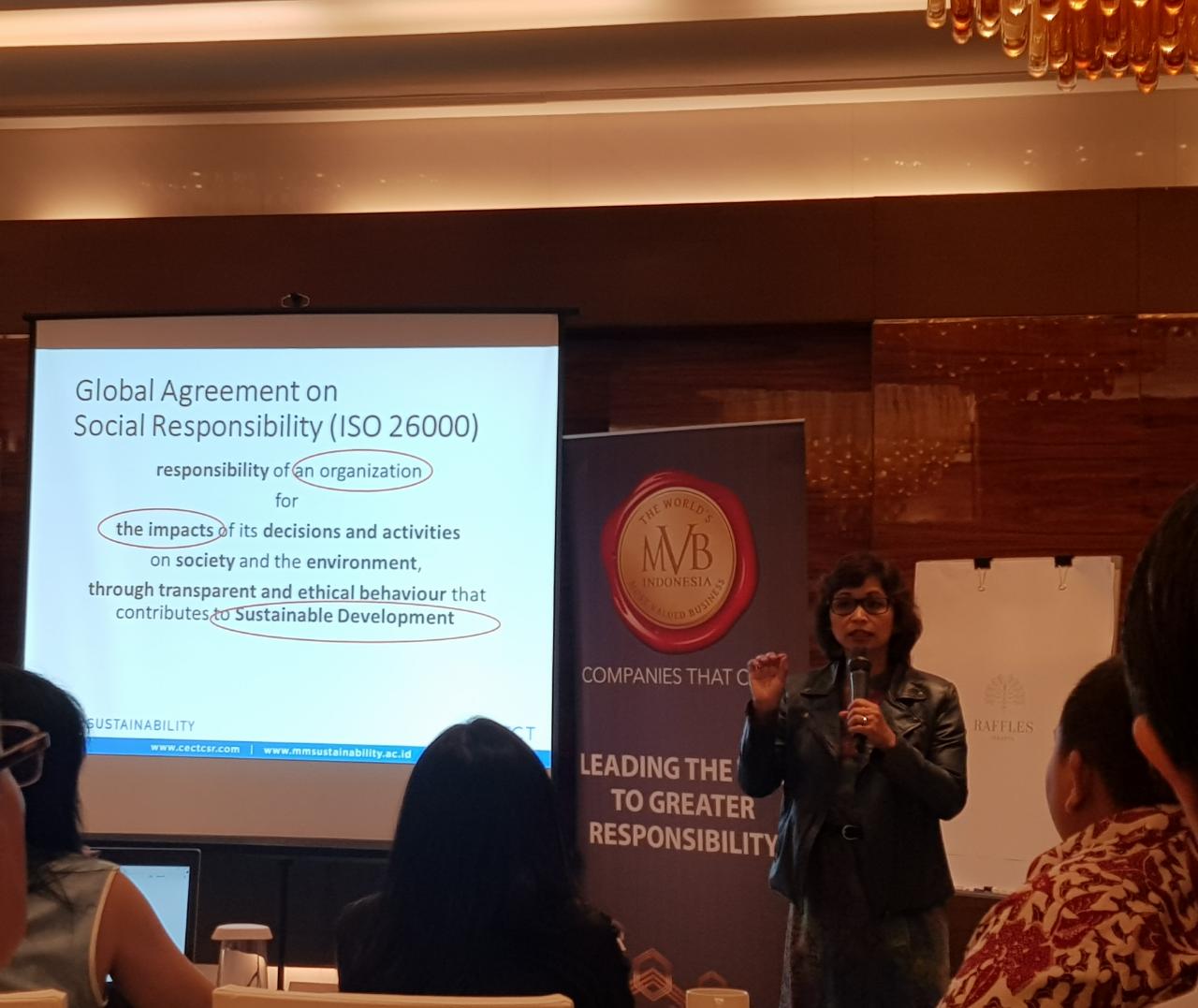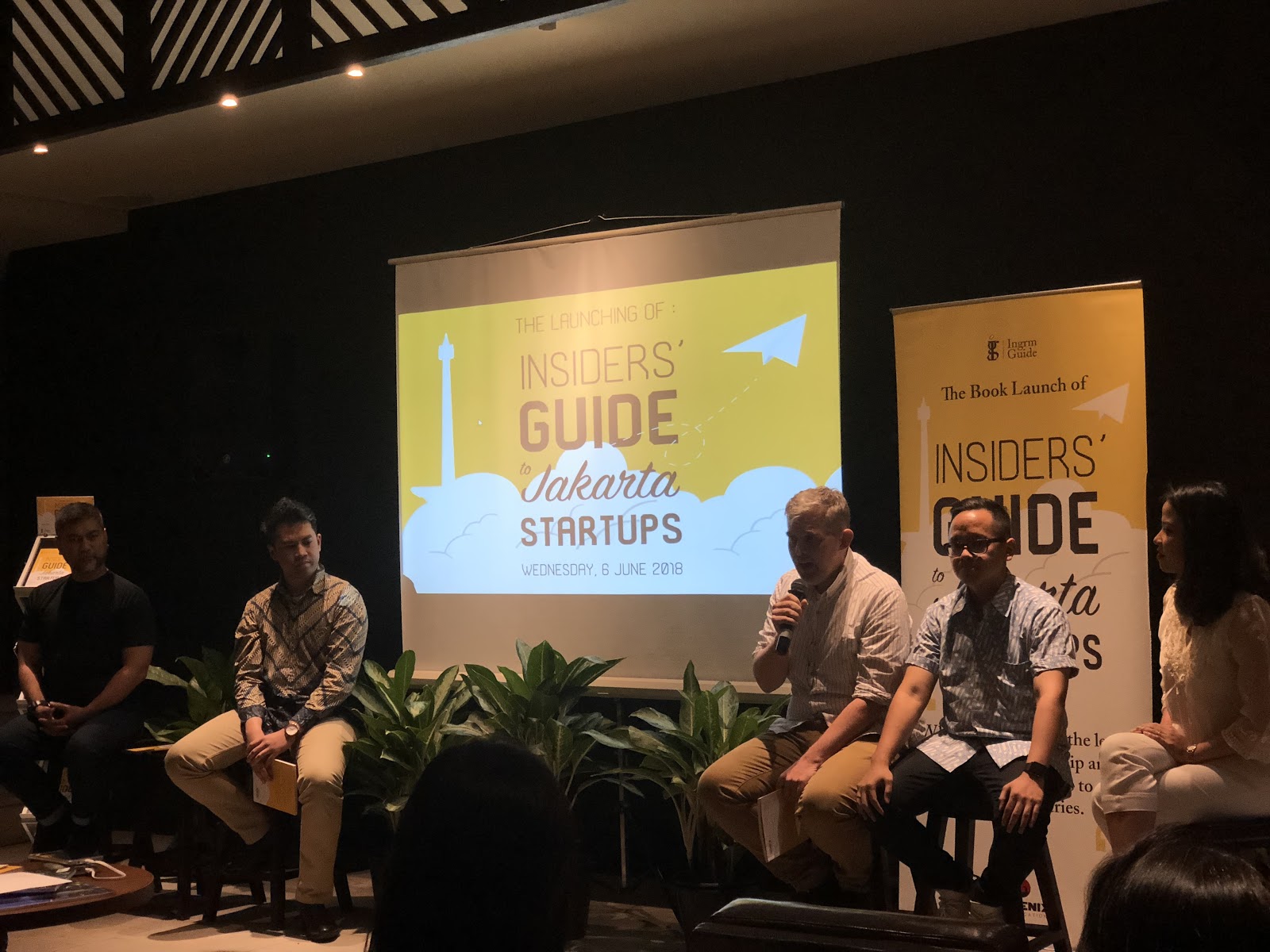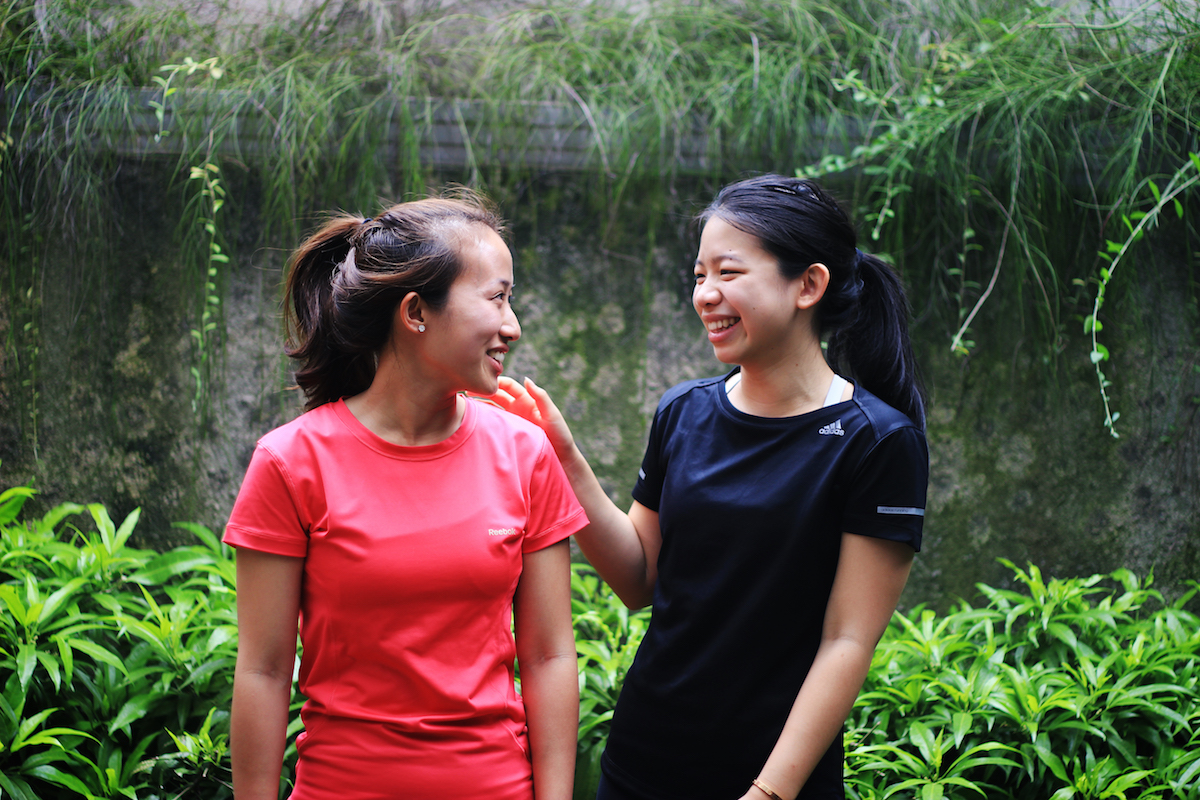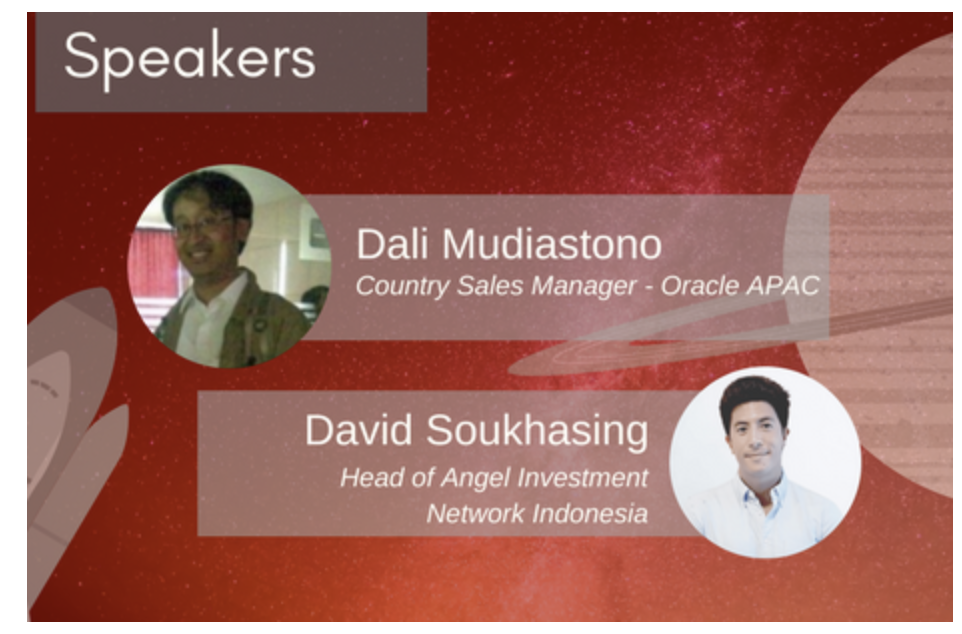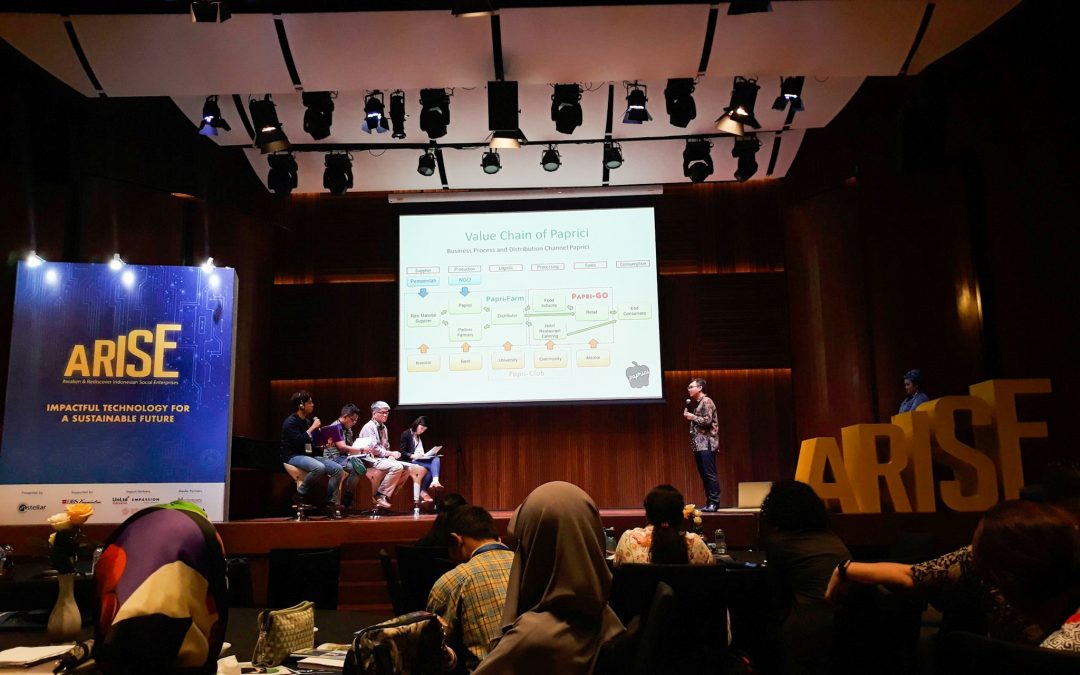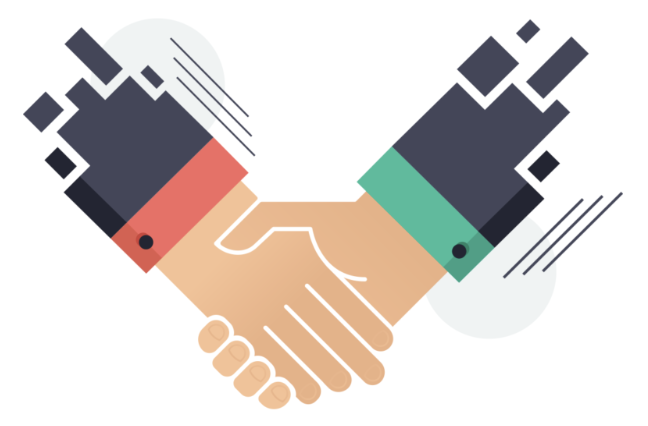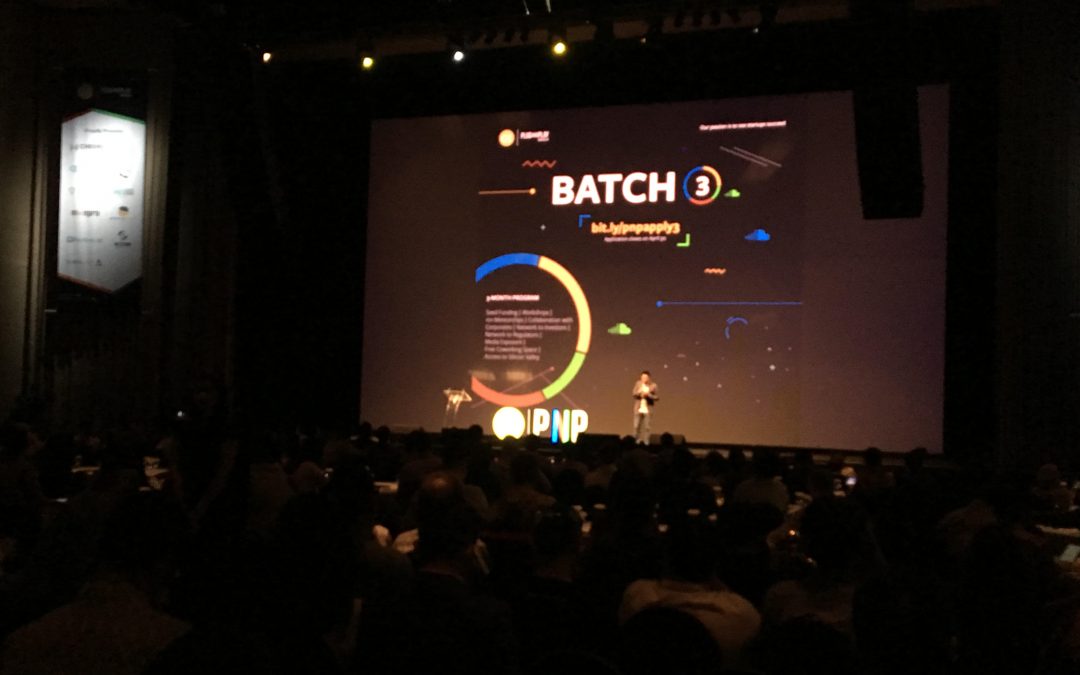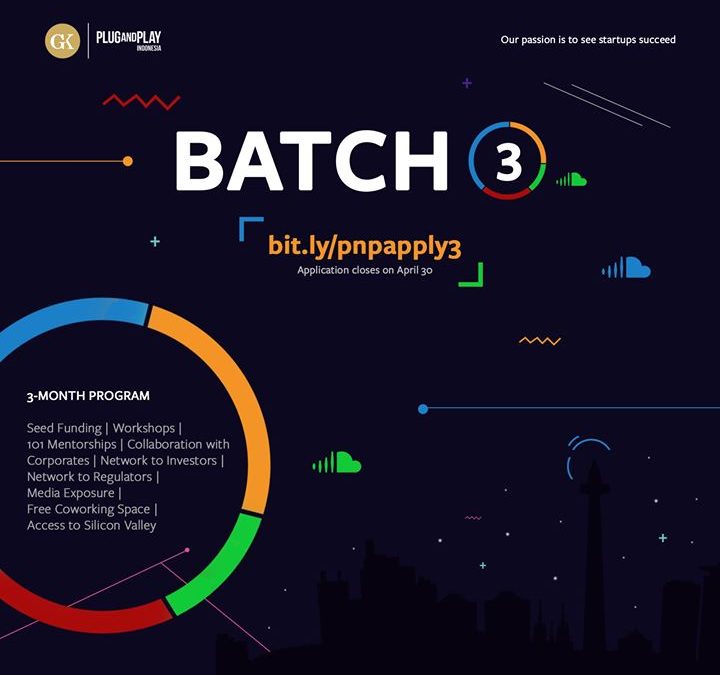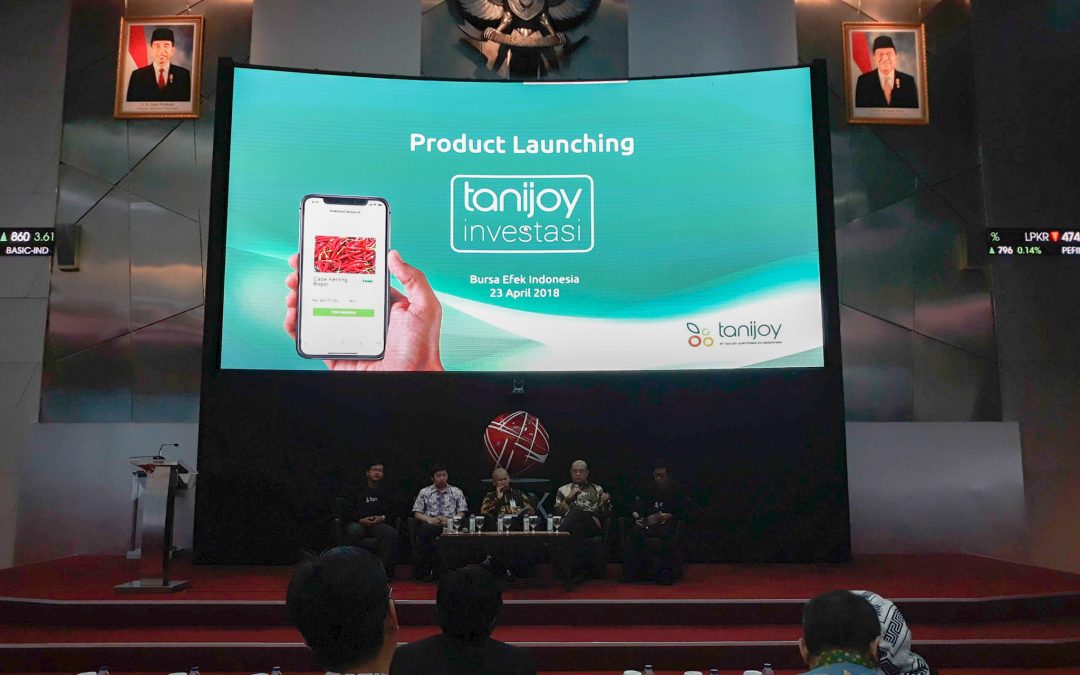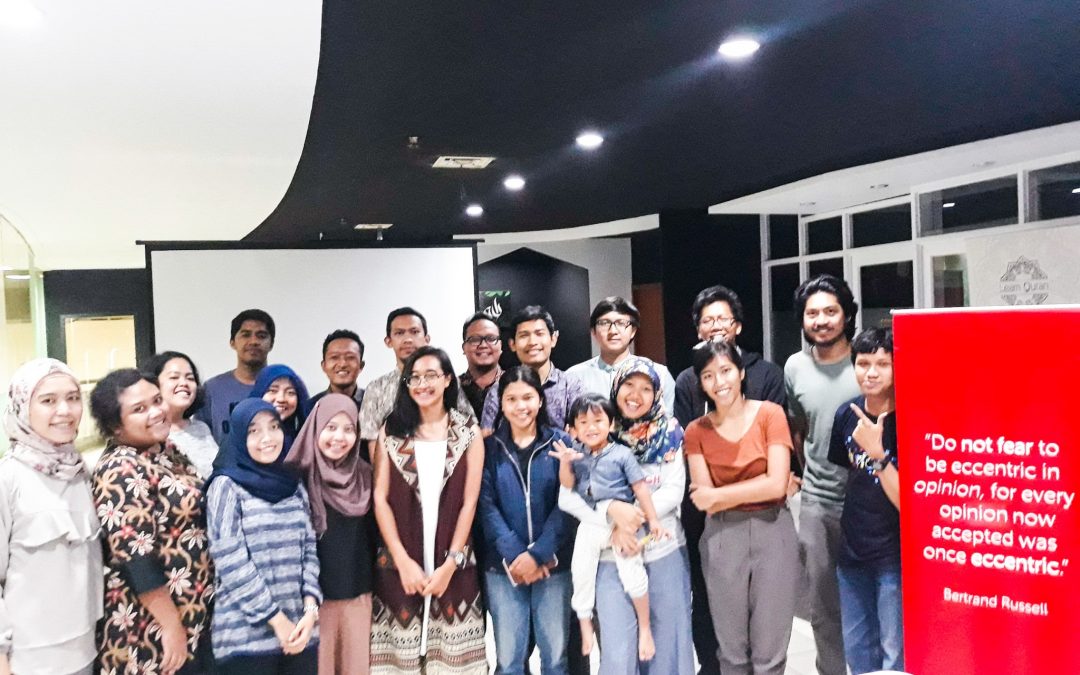Tell us a bit about yourself.
S: My name is Samantha Gunawan and I’m the founder of Blueboots Farm. I’m 28 this year and I graduated 2013. Upon graduation I worked in Singapore for one year at an industrial engineering firm, and that’s when I realized that I didn’t suit the office life. I’m more of a outdoor person, so I tend to look for something where I can move around more. One weekend, I came back to Jakarta and I was casually talking to my sister like, “Hey, I’m really interested in organic food,” and she’s like, “Oh I know Ibu Helianti Hilman from Javara, maybe you can contact her and just talk.” So I emailed her and she was just like, “Hey Sam, why don’t we just meet the next day at 3 pm at the Javara Kemang office?”
Ibu Helianti ended up offering me an internship at Javara. At first, I thought no, I should be getting a full time job rather than an internship. But maybe because I felt I was still young, I felt that I could still explore. And actually my parents also supported me in the sense that they told me, “You should make all the mistakes now and explore since you’re not married yet.” So I thought, okay maybe a three-month internship would be a good start to see whether I like the industry. Those three months turned into one year.
Ibu Hellianti wanted to open a new side business; she’s doing food processing right but she wants to do fresh produce, too. She has a lot of connections with the hotels in Jakarta and she has farmers in Bogor, but she doesn’t know how to connect the two because she’s too busy. She sees this girl (me) who wants to know more about organic farms, so she’s like, “Sam, you be the middle person and see how you can convey what they want to the farmers.” That’s where I think the trigger was for me to get into agriculture.
J: My name is Josephine Bahari. I graduated in 2016 with a graphic design degree. I was working at a graphic design firm for a year. I actually always had this passion for eating healthy and living a healthy lifestyle and I’ve always been interested in Blueboots and but never got the chance to ask Samantha about it. I became tired of my job. Samantha happened to want to meet up (she’s my cousin), and she proposed that I help her. I said yes straight away and the rest is history.
I’ve been helping Samantha with the creative side of Blueboots and a little bit on the marketing side learning more about actual farming and where food comes from. I don’t think people are actually exposed to the agriculture side of organic food. I’m actually pretty blessed because I know where my food is coming from and how it is being nurtured and harvested into our dishes. And I think it made me more passionate and mindful of what I consume.
What is the health food scene like in Indonesia?
S: I feel like the health-conscious market is growing, but people still don’t really understand what “healthy” is about. For instance, gluten-free is assumed to be good but actually it depends on your body type. A lot of people are being eaten by marketing. Indonesians follow trends. So if Americans or Europeans are eating kale, we’re eating kale. But actually there’s a lot of other local plants that can replace that. We’re missing our own health culture.
J: i think it’s definitely super niche. The health scene is growing but there’s no personality to it. We’re really following Americans or Australians. It feels like everyone is copying each other. There’s no creativity or actual thought put into it. I think Salad Stop is actually a good model to follow. They have fresh produce as well, and there’s a story behind their business. I think their business is more conscious.
There’s a real psychology in the food business. It’s not just the taste, but also the story behind the food, where it comes from. The health market here is more about marketing than actual health consciousness. In short, it’s growing, but its growing very slowly.
Why is it important to know where your food comes from — why is that narrative important?
S: I think growing up as a city girl, I realized that I felt so disconnected with where my food came from and that I just took things for granted. So if you don’t finish the food, you don’t tend to have any guilt. But once you go to nature and you realize how seeds grow into plants and that it takes about 3-4 months… then you realize that you should not waste your food, and how you should treat the food. You need to minimize your cooking process because certain ways of cooking has more nutrition. I think when you know where your food comes from, you just become more appreciative and you tend to appreciate the ingredients themselves.
How was the transition between working for someone to becoming your own entrepreneur?
S: Well, working for someone is really good. You don’t have to think about future steps, you don’t have to come up with a business plan, you don’t have to be accountable to your employees. Your mindset is just to do your job, but you’re not thinking about the whole business aspect of that firm. But when you’re doing your own thing, you have to put everything together, put the ideas into action. It takes more motivation, it takes more effort. You need to have passion. If not, I don’t think you can do it at all. I really love agriculture, so I think I jumped into the business with an excitement; it’s something I look forward to. Agriculture is not an easy task, so there were definitely a lot of worries. But you don’t know until you try.
The food industry in general is it male dominated or female dominated, how do you feel as a woman in that space?
S: I think I’m stepping into two industries; one is agriculture and one is food processing. The agriculture industry is definitely male-dominated. You rarely see a woman working on a farm. In terms of how I feel…I actually feel accomplished. At first, I felt intimidated but after awhile, when you know what you’re doing you feel good about it. I don’t feel any different from the men. Sometimes I feel like I’m even a little better.
As young women, do you actually find it hard to get people to see you as capable?
J: I feel that way in a lot of situations. Even sometimes when I go out with Sam. The people that she meets are experienced. They know more about agriculture. I do feel super intimidated, but I think the key is that I want to learn. That’s why I’m always in the back, listening and learning. I do hope that one day I can speak about Blueboots Farm like Sam. I’m actually in the process of learning right now.
S: I feel confidence is built up with experience. If I’m not experienced and I talk to people about things that are more advanced or technical, I tend to be honest with them and tell them, “I don’t know what you’re talking about, I’m new, can you teach me?” People are actually open to that. If you are humble to them and tell them you don’t know, they will open up to you. So I’m never scared to go to a space where I meet people at a higher level than me because I think it’s a learning process. I’m sure one day I’ll be at that point where I can understand. One thing I’ve learned is that if you don’t understand, it’s because you don’t know yet. It’s not because you can’t.
Where do you see yourselves in five to ten years?
S: My perfect five year plan is for me to have good family time while at the same time a career. Not a career that will take my whole life and time away from family. So what I’m doing right now is i’m finding new partners and collaborations so that one day I can still run this while also spending time with family. Work-life balance is very important to me.
J: I definitely want to be involved in the food industry. Not necessarily towards the tertiary side. More to the primary side where Sam is at right now. I really want to learn about food and where it comes from, as well as helping get the word out that eating healthy is not hard. It’s actually so simple, but people just don’t understand it. I think that is actually my passion, and I’m learning little by little. Slowly. Learning about farming and maybe learning to talk to people about it and finding a business that can convey it to people.
M: How do you see women coming into the food industry? How are they changing the food sector?
S: I’m very impressed by all these women. Nowadays I see that women are more business-minded. They get things done quicker and more efficient than men. Even my mom. I feel like women are more meticulous. You need someone like that in the company. Every company needs a woman. They’re the drive behind it.
J: I think males – at least in Jakarta – are not as interested in the holistic and organic lifestyles as females are. So I think it’s actually a good thing. As women, we have this mother-like instinct, taking care of people and ourselves. Not saying that men don’t possess that, but I think women are more expressive about it. I think that’s why we see a lot of women in this sector. We want to take care of people. That’s why social entrepreneurship is more female-dominated. They don’t just want to earn profit, but they want to create impact.
Any advice for other girls looking to jump into the industry?
S: If you want something, just do it. Explore more. If you keep exploring, you can definitely find how you can connect your passion with work. I also feel like you cannot be lazy. Keep on finding your purpose in life, what you want to do. Don’t wait until you’re 50 because then it may be too late. Start as early as possible.
J: I relate to the laziness part. I procrastinate a lot. Recently I’ve learned to have that go-getter attitude if I really want to succeed. The key is to just not be lazy. To always have that drive. Find that drive and what you like. Just excite yourself.
